目录
- linux
- 方法一
- 方法二
- Windows
- 方法一
- 方法二
- 方法三
Linux
方法一
使用time.h中的gettimeofday(),示例代码如下,
#include <IOStream>
#include <sys/time.h>
int main() {
struct timeval start, end;
double totalTime;
gettimeofday(&start, NULL);
// 在这里执行代码
...
gettimeofday(&end, NULL);
totalTime = (end.tv_sec - start.tv_sec) + (end.tv_usec - start.tv_usec) / 1000000.0;
std::cout << "Total time: " << totalTime www.devze.com<< " seconds" << std::endl;
return 0;
}
使用gettimeofday()函数获取的时间是以微秒为单位的。因此,需要将微秒转换为秒,即除以 1e6,以获得以秒为单位的时间间隔。
方法二
使用http://www.devze.comtime.h中的clock_gettime(),示例代码如下,
#include <iostream>
#include <time.h>
int main() {
struct timespec start, end;
double totalTime;
clock_gettime(CLOCK_MONOTONIC, &start);
// 在这里执行代码
...
clock_gettime(CLOCK_MONOTONIC, &end);
totalTime = (end.tv_sec - start.tv_sec) + (end.tv_nsec - start.tv_nsec) / 1e9;
std::cout << "Total time: " << totalTime << " seconds" << std::endl;
return 0;
}
使用clock_gettime()函数获取的时间是以纳秒为单位的。因此,需要将纳秒转换为秒,即除以 1e9,以获得以秒为单位的时间间隔。
Windows
方法一
在Windows平台上,可以使用Windows API中的GetSystemTime()、GetSystemTimeAsFileTime()或QueryPerformanceCounter()等函数来获取系统时间。下面是一个简单的示例代码,
#include <iostream>
#include <windows.h>
int main() {
LARGE_INTEGER frequency, start, end;
double totalTime;
QueryPerfophprmanceFrequency(&frequency);
QueryPerformanceCounter(&start);
// 在这里执行代码
...
QueryPerformanceCounter(&end);
totalTime = static_cast<double>(end.QuadPart - start.QuadPart) / frequency.QuadPart;
std::cout << "Total time: " << totalTime << " seconds" << std::endl;
return 0;
}
方法二
C++11引入了<chrono>头文件,提供了高精度的时间测量功能。可以使用std::chrono::high_resolution_clock来获取高分辨率时钟,并通过std::chrono::time_point计算时间间隔。以下是一个示例代码,
#include <iostream>
#include <chrono>
int main() {
auto start = std::chrono::high_resolution_clock::now();
// 在这里执行代码
...
auto end = std::chrono::high_resolution_clock::now();
std::chrono::duration<double> totalTime = end - start;
std::cout << "Total time: " << totalTime.count() << " seconds" << std::endl;
编程客栈
return 0;
}
方法三
C++标准库中的<ctime>头文件提供了clock()函数,可用于测量CPU时间。这个函数返回自程序启动以来的时钟周期数。以下是一个php简单示例,
#include <iostream>
#include <ctime>
int main() {
clock_t start = clock();
// 在这里执行代码
...
clock_t end = clock();
double totalTime = static_cast<double>(end - start) / CLOCKS_PER_SEC;
std::cout << "Total time: " << totalTime << " seconds" << std::endl;
return 0;
}
到此这篇关于C++实现获取系统时间的方法小结的文章就介绍到这了,更多相关C++获取系统时间内容请搜索编程客栈(www.devze.com)以前的文章或继续浏览下面的相关文章希望大家以后多多支持编程客栈(www.devze.com)!
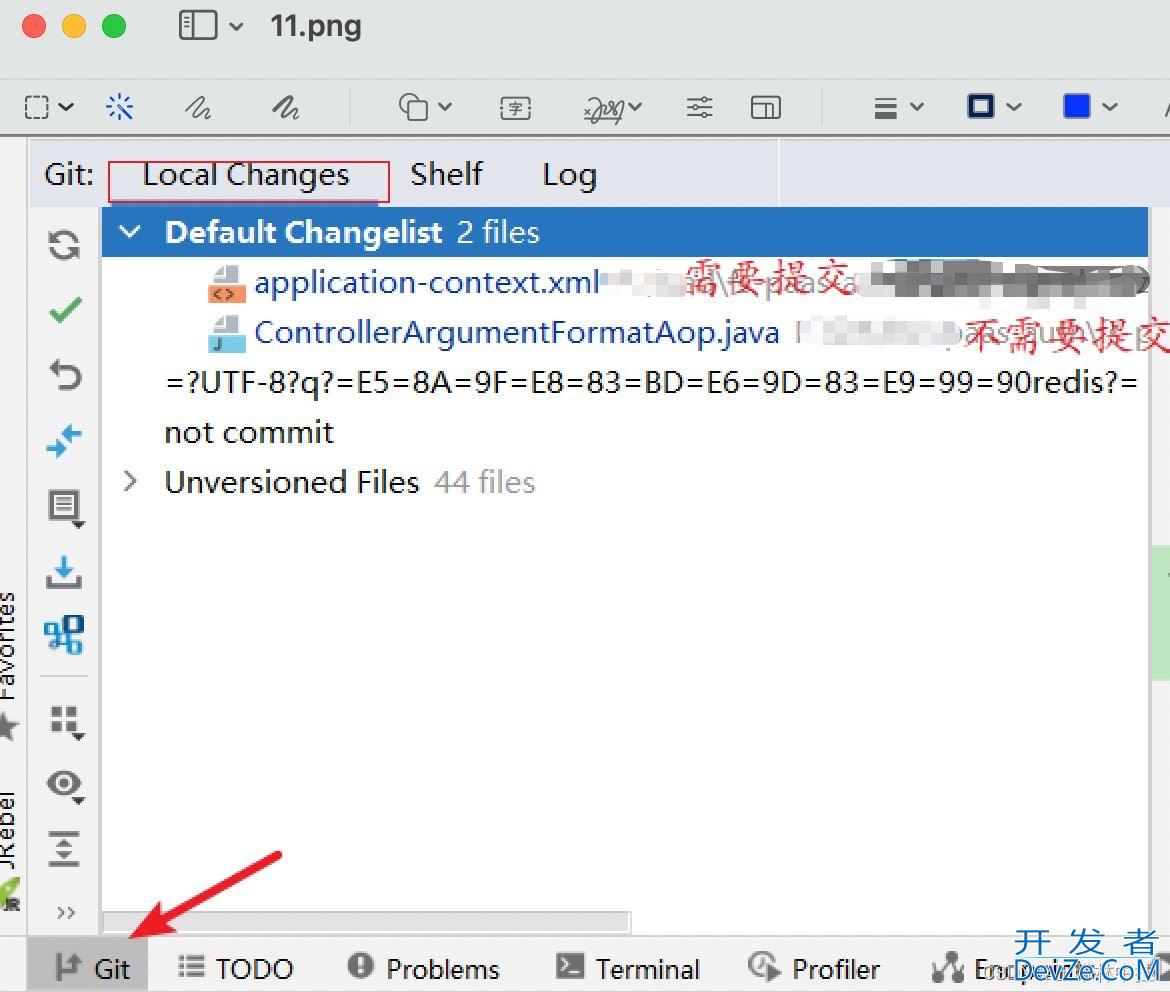



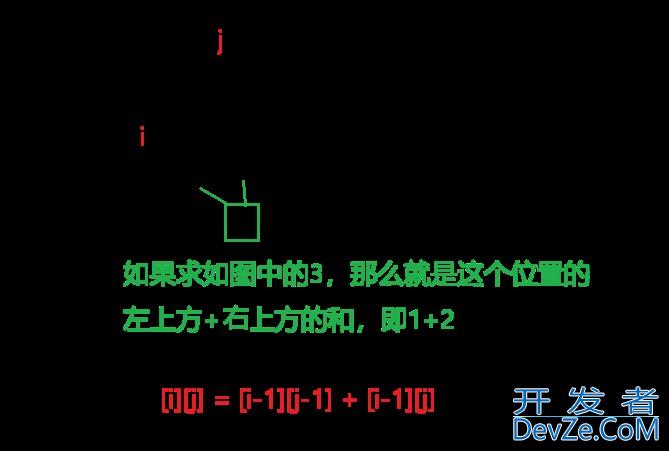
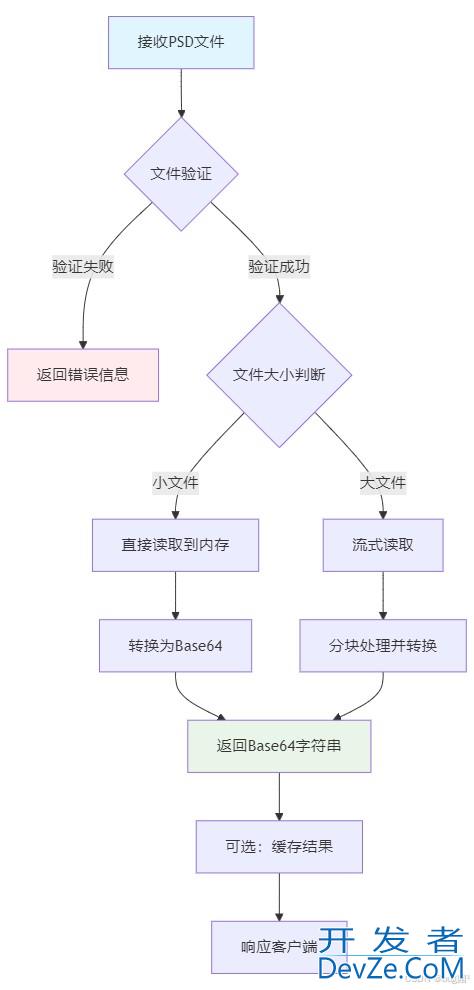
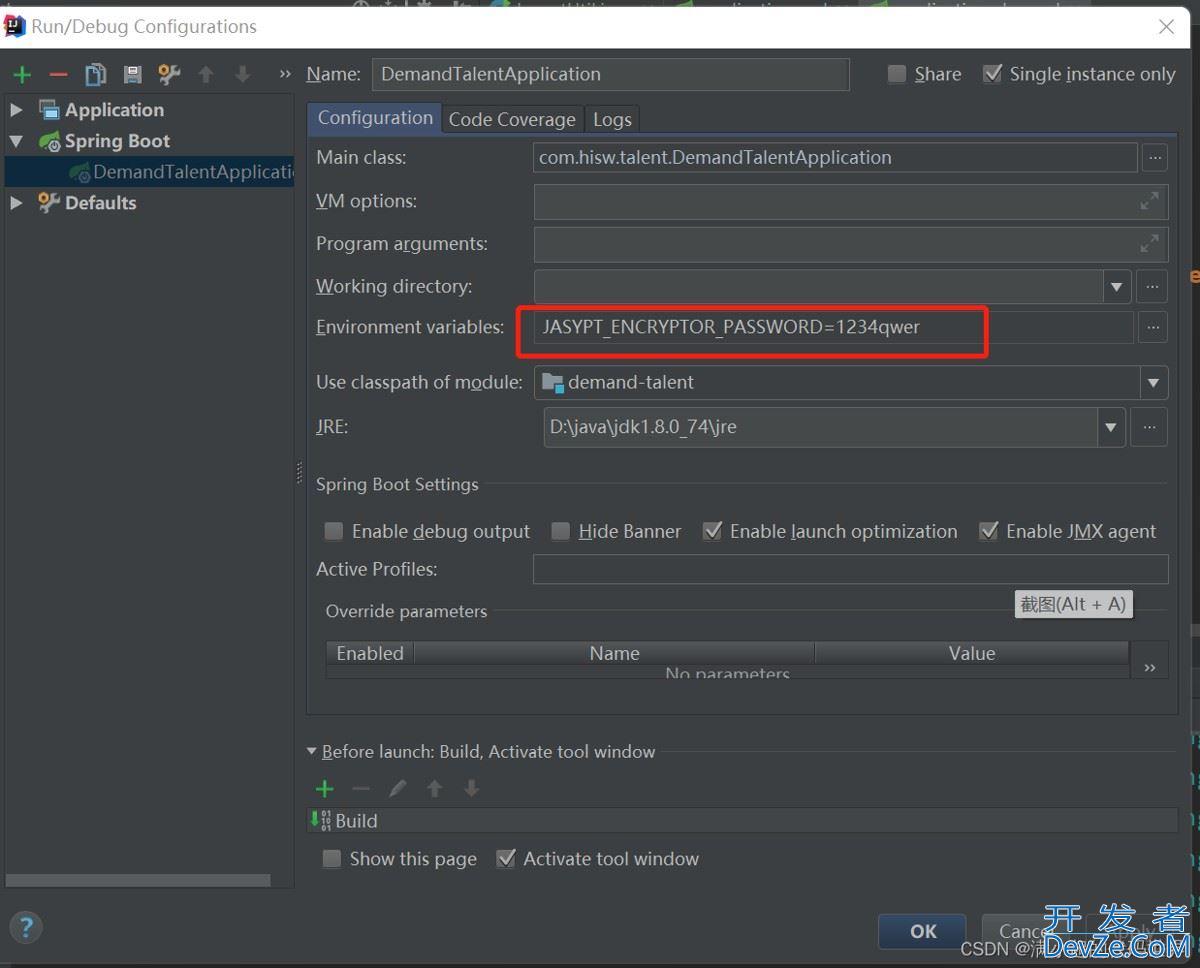
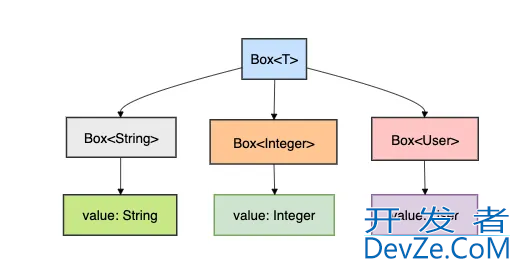
 加载中,请稍侯......
加载中,请稍侯......
精彩评论